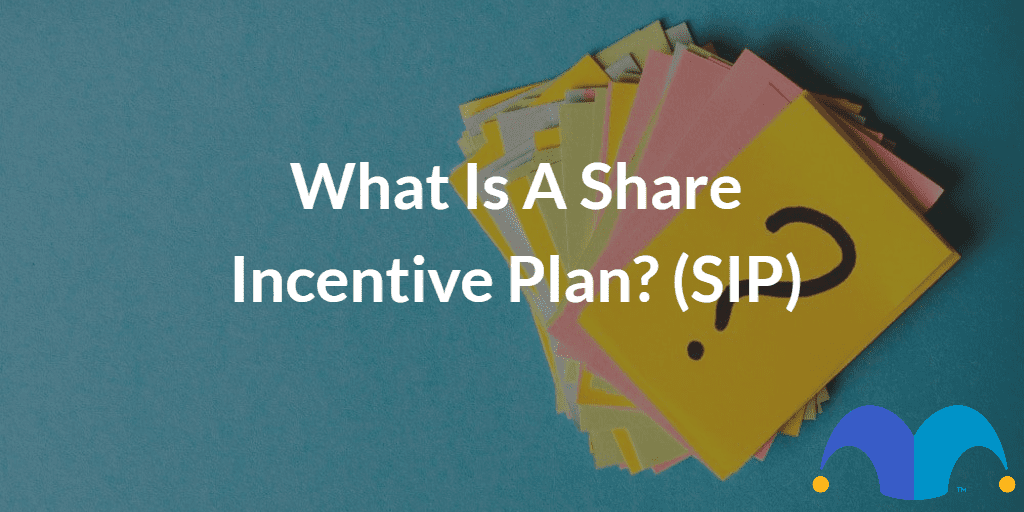Would you like to earn some tax-free cash? If you are lucky enough to work for a company with a share incentive plan, then you might be able to do just that.
Here, I take a look at how share incentive plans work and explain some things to consider. The rules are a bit fiddly, but they could save you some serious cash.
Share incentive plan: what’s it all about?
A share incentive plan (SIP) is a potentially tax-free way of being paid. It’s where you buy or are given shares in the company you work for and hold them in a share incentive plan until you decide to sell them.
You will owe no Income Tax or National Insurance on any shares that are held in a share incentive plan for five or more years. If you sell your shares before the five-year threshold, then some tax will be owed depending on when you sell them.
There are four different ways of acquiring shares to hold in a share incentive plan:
- Your company can give you free shares worth up to £3,600 in any tax year.
- You can spend up to £1,800 per year on shares or 10% of your salary, whichever is lower. These are called partnership shares.
- Your employer can give you two matching shares for each partnership share you buy.
- You can reinvest any dividend income in new shares. Dividend income is a type of profit share given by some companies to shareholders each year.
How much cash could I save?
If you buy shares worth £1,800 through a share incentive plan, then you will save £847 per year in tax. This adds up to an enormous £8,470 over 10 years! If your company buys you £3,600 worth of shares, you will save £1,694 per year in tax. That’s an amazing £16,940 saved over 10 years.
When can I withdraw shares from my share incentive plan?
You can withdraw your shares from the scheme and sell them at any time. But you will save more tax if you hold them in the scheme for at least five years.
- If you sell your shares within three years, then you will pay tax on the value of the shares at that time.
- You will also pay tax on shares that are only held between three and five years. Tax is calculated on the lower of either the price you paid for the shares or the current value.
- Any shares held in the share incentive plan for five or more years will be tax free when you sell them.
- When you leave the company, any shares you have had for less than three years will be taxable. There are exceptions if you leave due to illness, disability, redundancy or death, or if the company is sold.
- You can hold your shares in the share incentive plan for as long as you stay in employment. They don’t have to be sold after five years.
- Any shares transferred to an ISA after five years will continue to be tax free.
What do I need to consider?
If you can afford to keep your cash locked up for five years, then buying shares in a share incentive plan can be a great way to earn some tax-free cash. Here are some questions to consider before you decide to take the plunge:
- Is your company offering to buy you free shares? If so, then it’s probably a no brainer!
- Will you need to access your savings within five years? If you have no savings or are in debt, then it may make sense to concentrate on building up an emergency fund first.
- Is your company a good investment? If your shares go down in value, then you may lose out. If you know that your company is struggling, then you might decide to invest elsewhere.
- Are you planning to leave the company soon? If so, then it might not be wise to invest in the share incentive plan.
Should I avoid putting all my eggs in one basket?
Most experts agree that putting all your eggs in one basket is very risky when it comes to investment. And, it’s worth bearing this in mind if you are lucky enough to build up a large amount in your share incentive plan.
If you stay with your company for a long time, then you might end up with lots of older shares. In this case, it might make sense to take financial advice. Maybe you will decide to sell shares that are more than five years old and diversify your investment portfolio.
Please note that tax treatment depends on your individual circumstances and may be subject to change in future. The content in this article is provided for information purposes only. It is not intended to be, neither does it constitute, any form of tax advice. Readers are responsible for carrying out their own due diligence and for obtaining professional advice before making any investment decisions.
